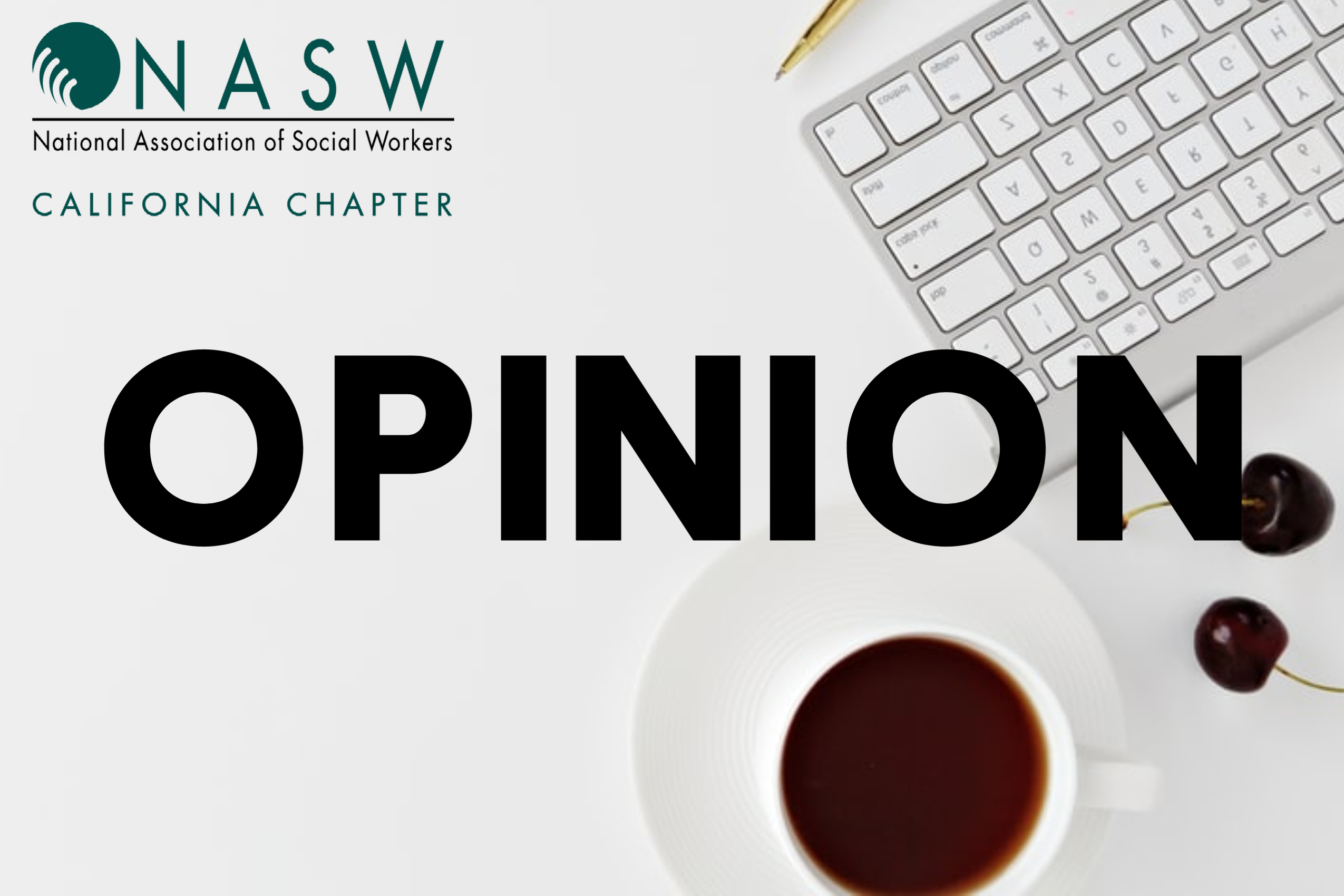
Editor’s Note: NASW-CA takes a strong stance to dismantle racist policing and systems of oppression throughout California and beyond. We are also committed to bringing diverse voices to conversation about work and innovations that is taking place at the local levels. Read about some work taking place in Los Angeles, as submitted by Rosemary Alamo, DBH, LCSW, PPSC, Clinical Associate Professor, and Ricardo Ornelas, Clinical Associate Professor of Social Work Field Education, USC Suzanne Dworak-Peck School of Social Work. We thank them for sharing their perspectives.
The social work and law enforcement initiative facilitates capacity building partnerships and collaborations between social work and public safety agencies. This initiative was developed and implemented by USC Suzanne Dworak Peck School of Social Work Professors Rosemary Alamo and Rick Ornelas four years ago. It’s a multidisciplinary and holistic approach to servicing vulnerable populations to provide support, education, training, and services to the community while helping law enforcement address social issues. This initiative offers an opportunity to influence police culture and contribute toward better outcomes for both the police and the community.
MSW students have been part of an inter-professional collaboration with the following police departments: Gardena Police Department, Fontana Unified School Police Department, Los Angeles Police Department, Santa Monica Police Department, and USC Department of Public Safety (DPS). Students have been providing trauma-informed care, child abuse assessments, advocacy, servicing victims of domestic violence, homelessness, individual and family counseling to at-risk youth and their families, crisis intervention, delinquency prevention, and intervention services to youth and adults, consultation services to parents, and staff. They provide trauma-informed biopsychosocial assessments, provide comprehensive case management, conflict resolution, linkages, and referrals, develop and implement treatment plans, co-facilitate parenting classes alongside police officers, youth leadership, and life-skills development. Also, students have been assisting in program planning, development, implementation, monitoring and evaluation, grant writing, clinical case management, brief focused interventions, resource development, quality assurance, staff development, policy analysis, and marketing.
All of the interns, staff, and officers participating in this initiative receive comprehensive professional development. Topics include Building Collaborations Between Law Enforcement and Social Workers, Cognitive Behavior Therapy, Ethics in Action (provided by a Retired LAPD Captain), Child Abuse (facilitated by a DCFS Children’s Social Worker and an LAPD Detective from their Child Abuse Unit), Understanding Law Enforcement Culture, Trauma-informed Practice, Crisis Intervention, Clinical Case Management and Outreach, Biopsychosocial Assessments, Conducting Suicide and Homicide Assessments and Interventions, Inter-professionalism Through A Cultural Humility Approach, Navigating the Legal System to Become a Stronger and More Effective Client Advocate, Time Management and Professionalism, The Science of Child Development, Domestic Violence, and Expressive Arts.
In light of recent events around the country, we recognize the need for lasting collaborative relationships between the public and public safety. We are supporting comprehensive and inclusive community-based initiatives and identifying best practices to address core issues impacting communities.
1. Working with public safety and the community in building and nurturing trust between police and citizens.
2. Train public safety professionals to effectively address and use a multi-disciplinary approach to the growing mental health crisis.
3. Educate public safety professionals on the multi-facet factors e.g. poverty, lack of education, mental health and other social conditions contribute, or intersect with human behavior.
4. Wellness and Wellbeing: support integrated behavioral health for public safety professionals to address the spectrum of mental and physical health issues that contribute to the stressors caused by the work environment.
Questions about the Initiative can be emailed to the co-leaders at ralamo@usc.edu or ricardoo@usc.edu.











